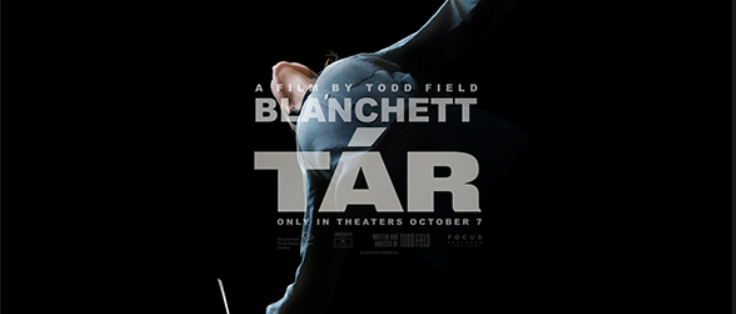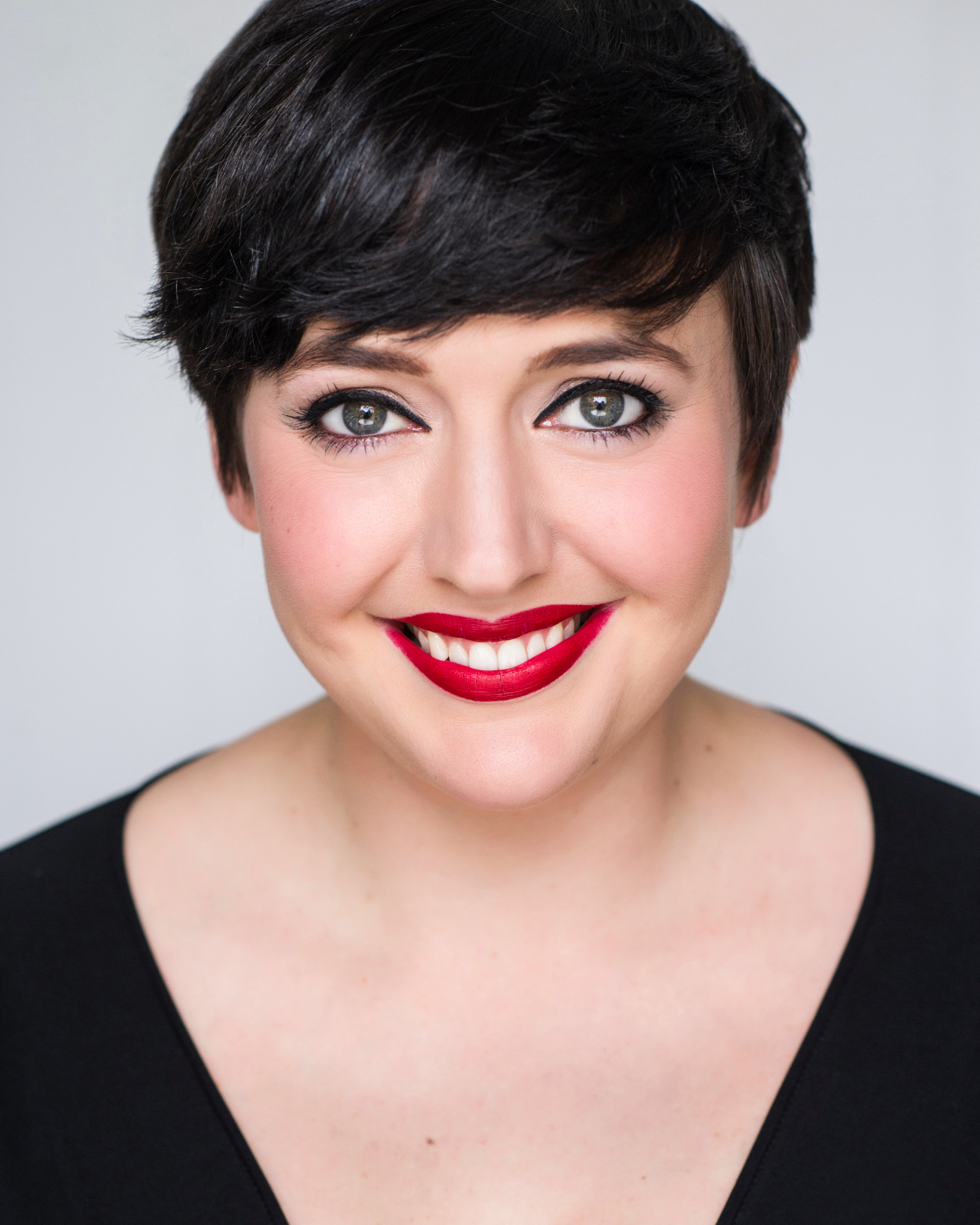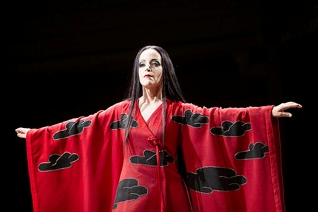The Beauty In Imperfection: Sally Whitwell Talks About Her Latest CD

In an age where perfection is an ideal and conformity a virtue, pianist Sally Whitwell refreshingly admits that she is not perfect. She sees beauty in imperfection, and the title of her newest ARIA Award winning album, All Imperfect Things affirms her view.
Named the Best Classical Album at the 2013 ARIA Awards, Sally Whitwell’s third solo CD is a collection of the piano music of Michael Nyman, featuring music from several soundtracks – The Diary of Anne Frank, A Zed and Two Noughts, the digital game Enemy Zero, and the movie from whose soundtrack the CD takes its title, The Piano.
For Sally Whitwell, film music appeals as a means of building a personality as well communicating a new art form. Speaking to SoundsLikeSydney in Sydney, she says “I feel very strongly about film music as a means towards characterisation and that’s why the music of The Piano means so much to me – I’m a big believer in communicating a new art form in conjunction with everything else.- the Gesamkunstwerk.” (Gesamkunstwerk: a total work of art).
She continues “I never claim to be perfect. I’m not the kind of the classical pianist who plays a Rachmanninov concerto or Tchaikovsky or Grieg with a big orchestra. People have suggested to me that I do that – but I think ‘Why?’- because it’s not me and being very honest with what you’re strengths are is really important with what you want to say. A lot of people are saying really wonderful things with Rachmanninov but not I.”
Michael Nyman’s characterisations fit well with the message that Sally Whitwell wants to convey in her music. “Ada in The Piano is a mute so she has to have some kind of voice that’s not visual. With this CD, I’ve tried to speak to ‘popular’ music people a bit more in their own language – engaging people who wouldn’t normally listen to piano music. In my own small way, I’m hoping I can steer them into thinking that this is interesting, compelling, fun and good and they can listen to it and enjoy it.”
The reference to ‘popular’ music draws in the recording the process and the second 2013 ARIA Award won by this album for the work of Best Sound Engineer, Virginia Read. “I’m just so proud of the sounds that we’ve made as well as Virginia being the first female to win the award. I’m sure Virginia hates it when I ring up and say ‘I’ve got this great idea for sound.’ – she probably sits in her office, rolls her eyes and says ‘Oh no!’ ”
Listening to the album, recorded on a Steinway Grand at the Eugene Goossens Hall of the ABC Studios in Ultimo, there is a subtle difference in the timbre of the piano. I like to think of it as a slight imperfection, not unlike the sounds from a toy piano – which Sally has used in a previous recording, The Good, The Bad and The Awkward – and in keeping with the sentiment of the programming.
Sally reveals that she has indeed been asked by listeners whether she is performing on an electric piano. But “No”, she says ” it’s traditional classical piano, not ‘prepared ‘ in any way although the sound that we went for was a bit different. Most classical piano performances are recorded with the microphone at a distance so you feel like you’re in a concert hall. This album has a ‘pop’ music influence so it was important to have a little bit of that sound, achieved by recording the piano very close, with a microphone right up next to the strings. It’s a very intimate sound which I like that because I don’t play concerts in huge venues too often – I play concerts in small venues, with my audience just a couple of meters away. So it’s an honest representation of what I play in a concert. That big classical sound wasn’t going to work for me so I thought long and hard about it and decided to do a combination of the two sounds, playing with the balance.”
A little known achievement of Sally’s ARIA Award winning CD Mad Rush, the solo piano music of Philip Glass, is that she recorded the entire disc, playing from memory. Nyman’s music, she says is different. “Some of it was recorded from memory and some not. Memorising the music was not so crucial this time. With Glass, it was a structural thing. I knew where I was in the piece without looking at the page, because looking at a piece of Philip Glass on a page you don’t necessarily see the big picture straight away. Looking at a piece of Michael Nyman on a page, the structure is really clear and very solid so a Nyman score is a help rather than a Glass score which is not helpful at all.”
Sally Whitwell has been conversing with Michael Nyman during the course of this project, but she is emphatic that the interpretation is hers alone.” I wanted it to be my interpretation of what I saw on the page. I try not to get the composer too involved until much later. They work in writing down the score and sending it to a performer who will interpret it from the score and if they’re a good composer everything will be on the score. The same goes at other times when I’ve played music by composers who write really well for the piano like Elliot Gyger and Andrew Ford – I don’t really have to ask them what they want because everything is on the page and to me, that’s the mark of a good composer – the less that I have to ask them the better.”
On the cover of All Imperfect Things, Sally is stylishly clad in black from head to toe like some Gothic angel or black feathered falcon. Heavy with symbolism, lying next to her are a black leather portmanteau and a pair of binoculars. I asked Sally about this alter-ego. “Apart from me?” she asked quizzically.”I wanted to express the ancient which is integral to Michael Nyman’s music – he takes lovely, old, well respected things and reinvents them in a way that brings them very squarely into the present.”
One final irresistible question. What does the Gothic angel carry in her portmanteau? There was moment’s hesitation before Sally said mysteriously “It’s a secret. It’s quite heavy. There’s your clue.”
Shamistha de Soysa for SoundsLikeSydney©
All Imperfect Things is available on ABC Classics






